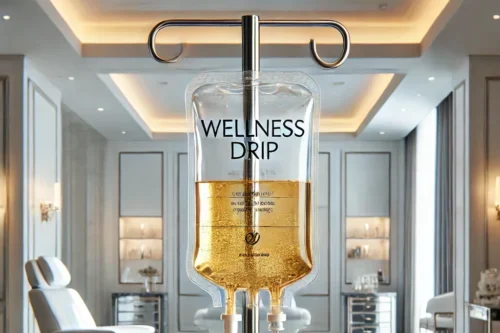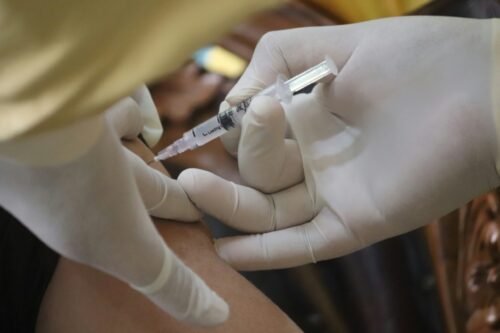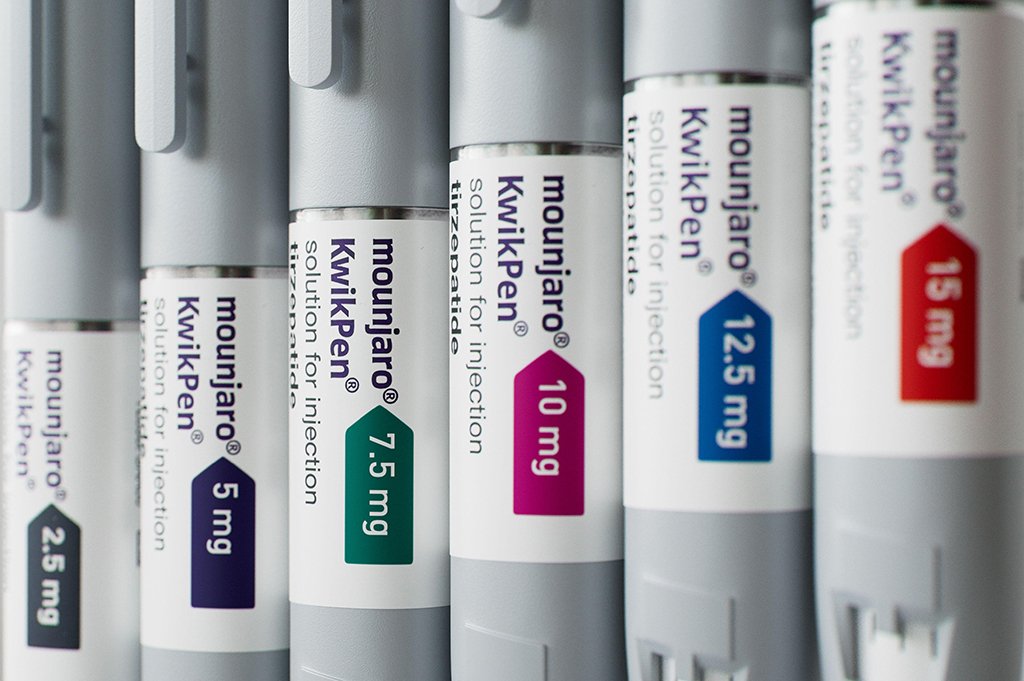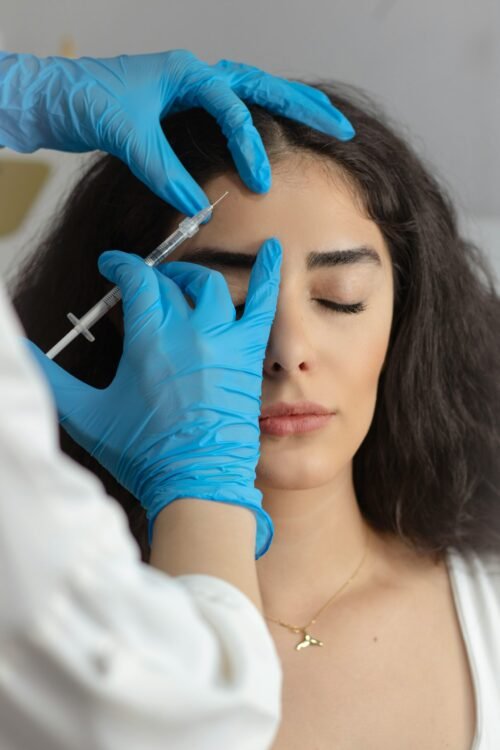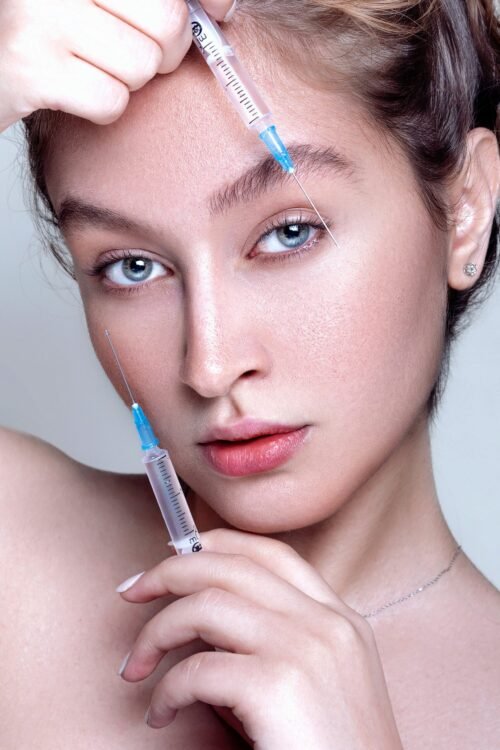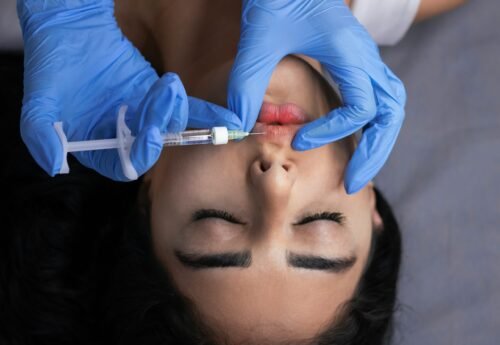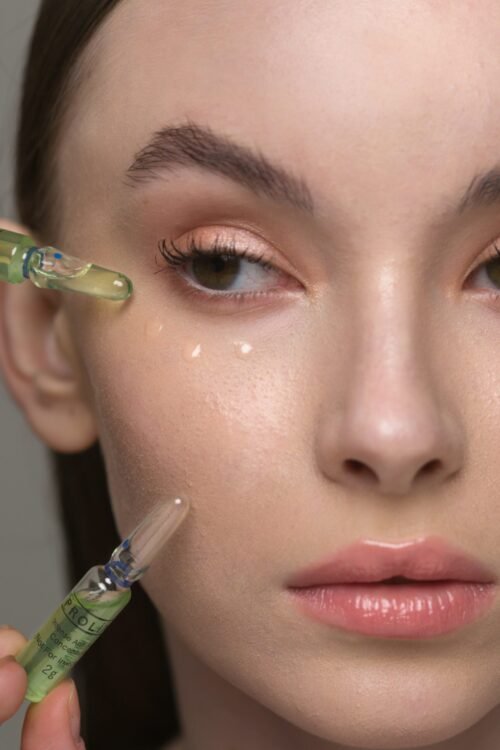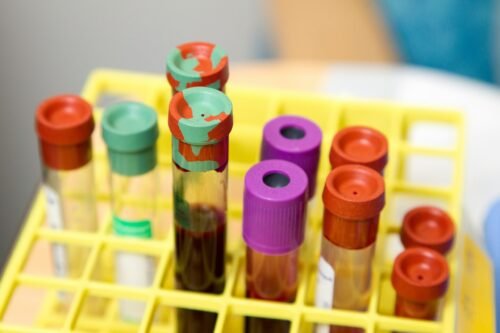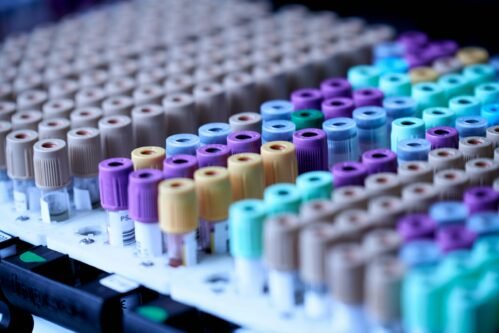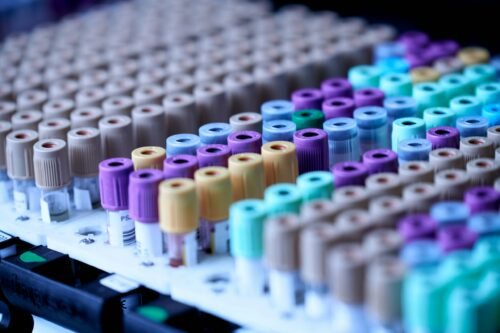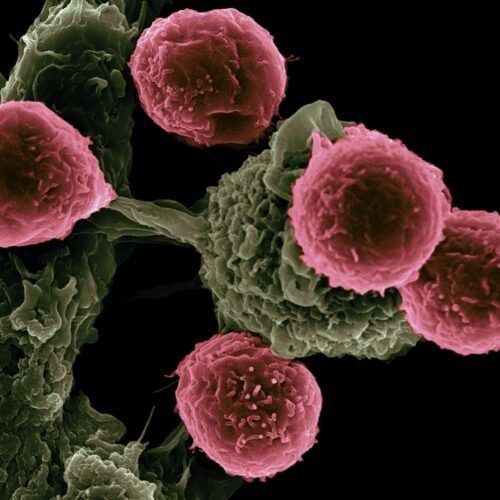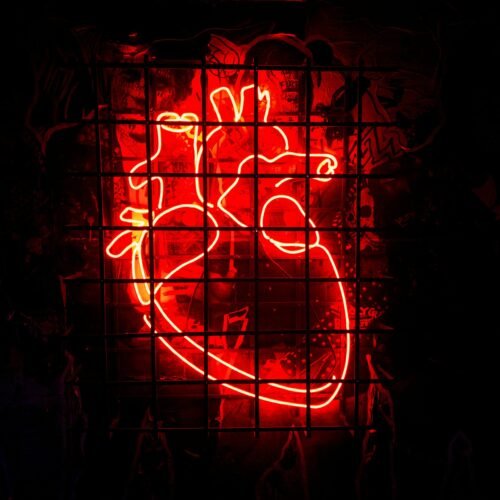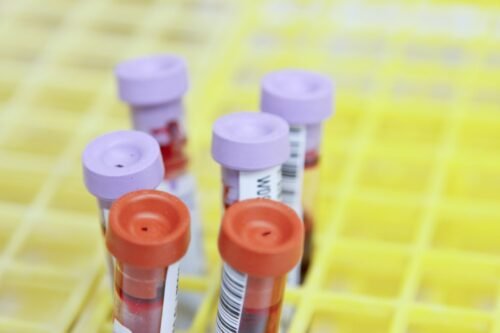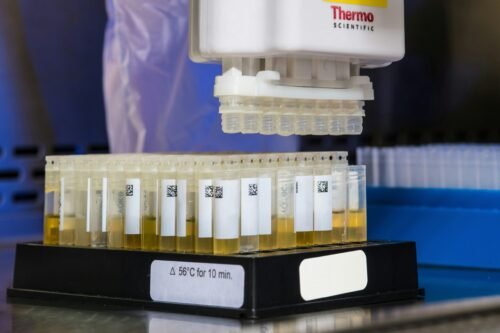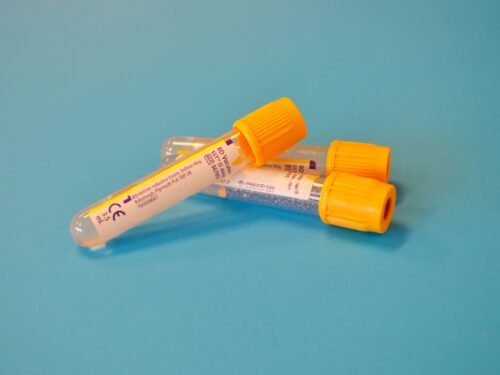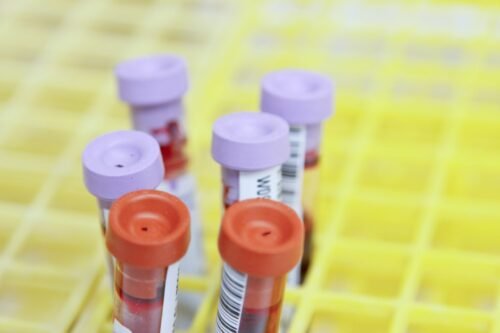HPV vaccine – a powerful step towards preventing cancer and safeguarding your future!
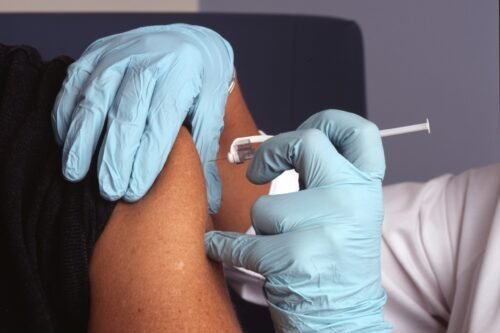
What is the HPV Vaccine?
The HPV vaccine protects against the Human Papillomavirus (HPV), a common virus that can cause cancers and genital warts. Vaccinating helps prevent infections from the most dangerous strains of HPV and protects your health for years to come.
Why Should You Get Vaccinated?
- Prevent Cancer: HPV can cause cervical, anal, vaginal, penile, and throat cancers.
- Prevent Genital Warts: The vaccine also protects against HPV strains that cause genital warts.
- Effective Protection: The vaccine is most effective when given before exposure to HPV (ideally before becoming sexually active).
What Does the HPV Vaccine Protect Against?
- HPV Types 16 & 18: The leading causes of HPV-related cancers.
- HPV Types 6 & 11: The primary causes of genital warts.
- Additional Protection: The most advanced vaccines, such as Gardasil 9, protect against 9 different strains of HPV.
Who Should Get the HPV Vaccine?
- Preteens (Ages 11–12): Recommended for both boys and girls to get vaccinated at this age.
- Teenagers & Young Adults (Ages 13–26): Still beneficial for those who missed earlier vaccination.
- Adults (Ages 27–45): In some cases, vaccination is recommended based on individual health and risk factors.
Anyway! It’s never too late to get vaccinated.
How is the Vaccine Given?
- Dosing Schedule:
- Children and teens (under 15): 2 doses, 6–12 months apart.
- Age 15 or older: 3 doses over a 6-month period.
- Easy and Quick: Administered as an injection, usually in the arm.
Safety and Side Effects
- Safety: The HPV vaccine is safe and thoroughly tested. Most side effects are mild and include soreness at the injection site, headache, or slight fever.
- Long-Term Protection: Provides lasting protection against HPV-related cancers and genital warts.
Get the HPV Vaccine Today!
Talk to your healthcare provider to learn more and get vaccinated. Protect your future, and help reduce the spread of HPV-related cancers and diseases.
Conclusion
The HPV vaccine is a crucial step in safeguarding your health, offering protection against the human papillomavirus, which can lead to several cancers and other health complications. By getting vaccinated, you can significantly reduce the risk of HPV-related diseases, ensuring a healthier future for yourself and your loved ones. With its proven safety and effectiveness, the HPV vaccine is an important preventive measure that promotes long-term well-being and peace of mind. Take control of your health today and get vaccinated for a cancer-free tomorrow.
What is the Hepatitis B Vaccine?
The Hepatitis B vaccine is a safe and effective vaccine that protects against Hepatitis B, a viral infection that attacks the liver. Hepatitis B can cause liver disease, including cirrhosis, liver cancer, and liver failure.
Why Should You Get Vaccinated?
- Prevent Liver Disease: Hepatitis B can lead to chronic liver conditions, including cirrhosis and liver cancer.
- Stop the Spread: The vaccine helps reduce the spread of Hepatitis B to others, promoting better public health.
- Safe and Long-Term Protection: The vaccine provides long-lasting immunity and protects you from lifelong infection.
What Does the Hepatitis B Vaccine Protect Against?
- Hepatitis B Virus (HBV): Transmitted through blood, semen, or other body fluids. It can cause both acute and chronic liver conditions.
- Prevents Chronic Infection: Chronic Hepatitis B can lead to serious complications, but vaccination prevents initial infection and reduces the risk of developing chronic liver disease.
Who Should Get the Hepatitis B Vaccine?
- All Infants: Given to newborns within 24 hours of birth.
- Children and Adolescents: Recommended for those who have not been vaccinated.
- Adults at Risk: Including:
- Healthcare workers
- Individuals with multiple sexual partners or risk of sexual exposure
- People with a history of injection drug use
- Travelers to regions with high rates of Hepatitis B
- Individuals with medical conditions (e.g., chronic kidney disease)
How is the Vaccine Given?
- Dosing Schedule:
- Infants: 3 doses — at birth, 1–2 months, and 6 months.
- Adults: 3 doses over a 6-month period.
- Injection: Administered in the arm.
Safety and Side Effects
- Safety: The Hepatitis B vaccine is safe and extensively tested.
- Common Side Effects: Mild soreness at the injection site, low-grade fever, fatigue.
- Serious Side Effects: Extremely rare, but may include severe allergic reactions.
Why Vaccinate?
- Prevent Liver Disease: Prevents cirrhosis, liver cancer, and other complications.
- Cost-Effective: More affordable and effective than treating the disease.
- Global Health: Helps reduce the global burden of Hepatitis B, a leading cause of liver cancer.
Get the Hepatitis B Vaccine Today!
Talk to your healthcare provider to learn more about getting vaccinated and protecting your liver health. Don’t wait—take action today to prevent Hepatitis B!
Conclusion
The HBV vaccine is a vital tool in protecting against Hepatitis B, a potentially serious liver infection that can lead to chronic disease and complications. By getting vaccinated, you reduce your risk of contracting the virus and safeguard your liver health for the future. Safe, effective, and widely recommended, the HBV vaccine is a proactive step towards long-term well-being. Take control of your health today and protect yourself from Hepatitis B with this life-saving vaccine.

